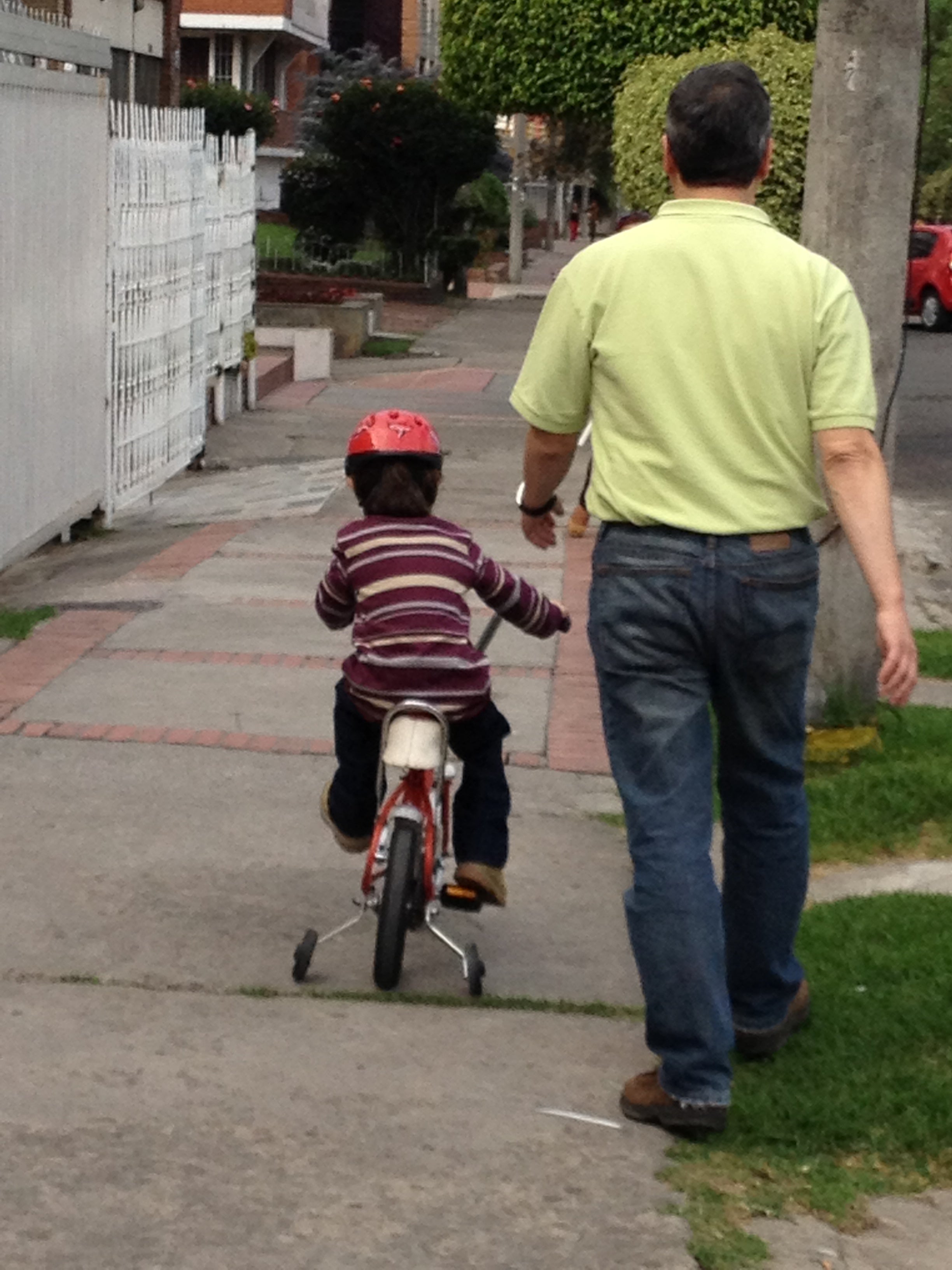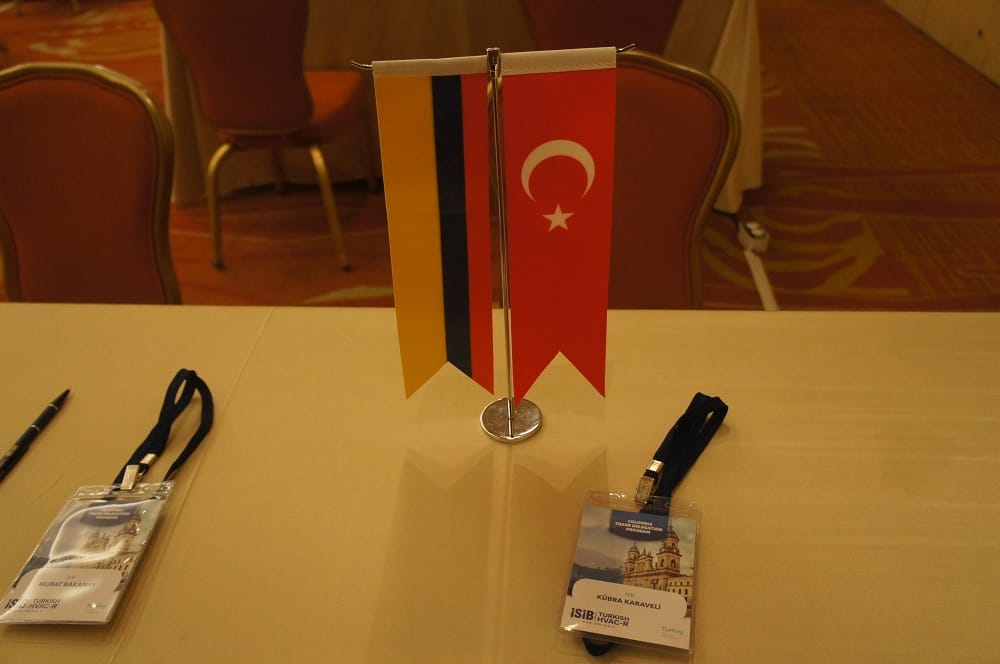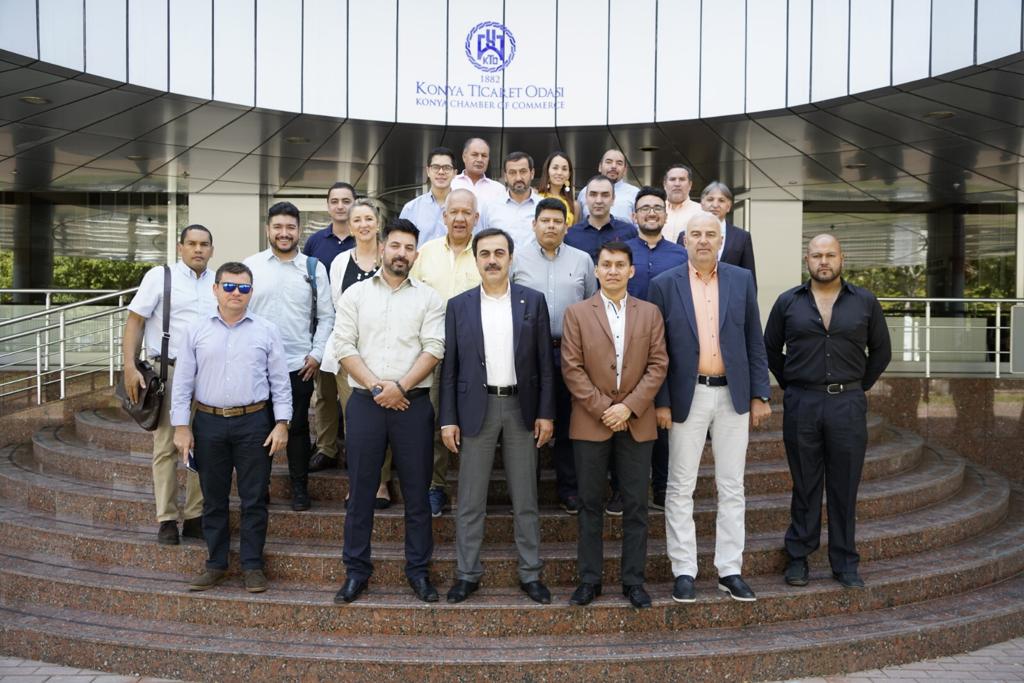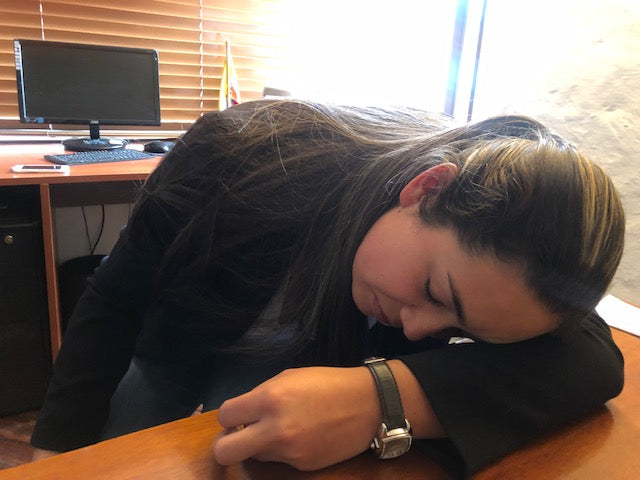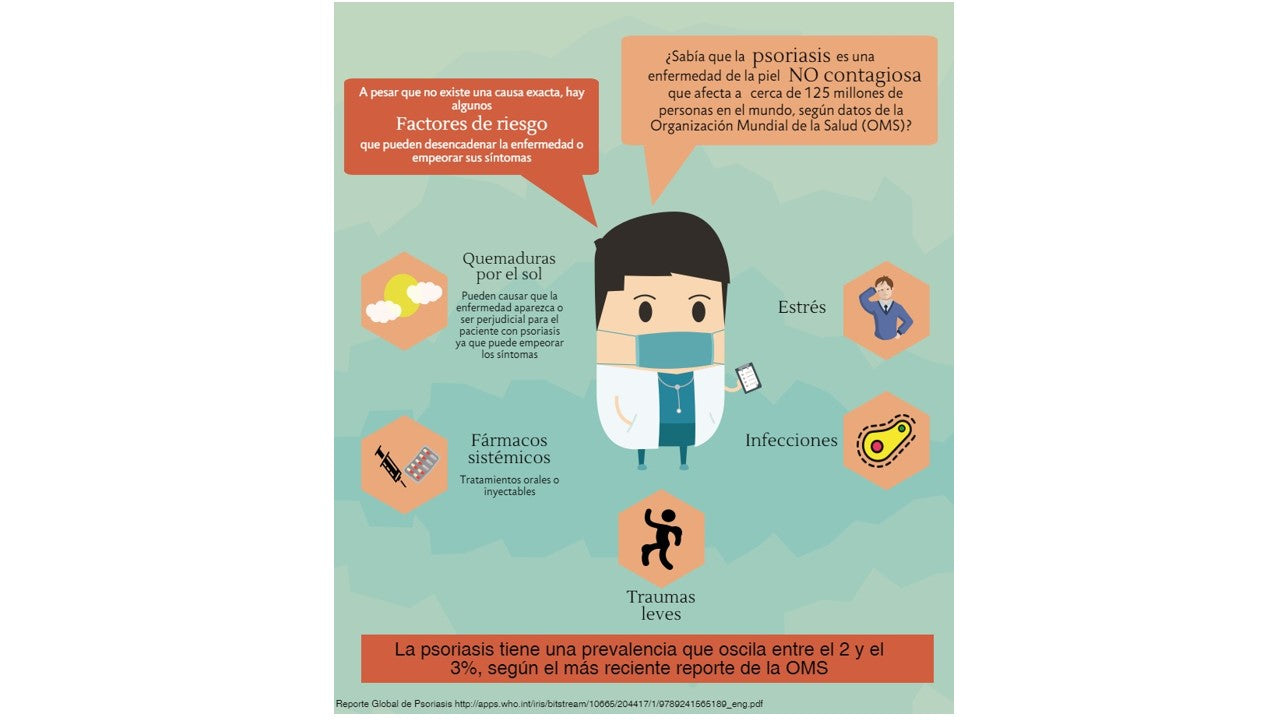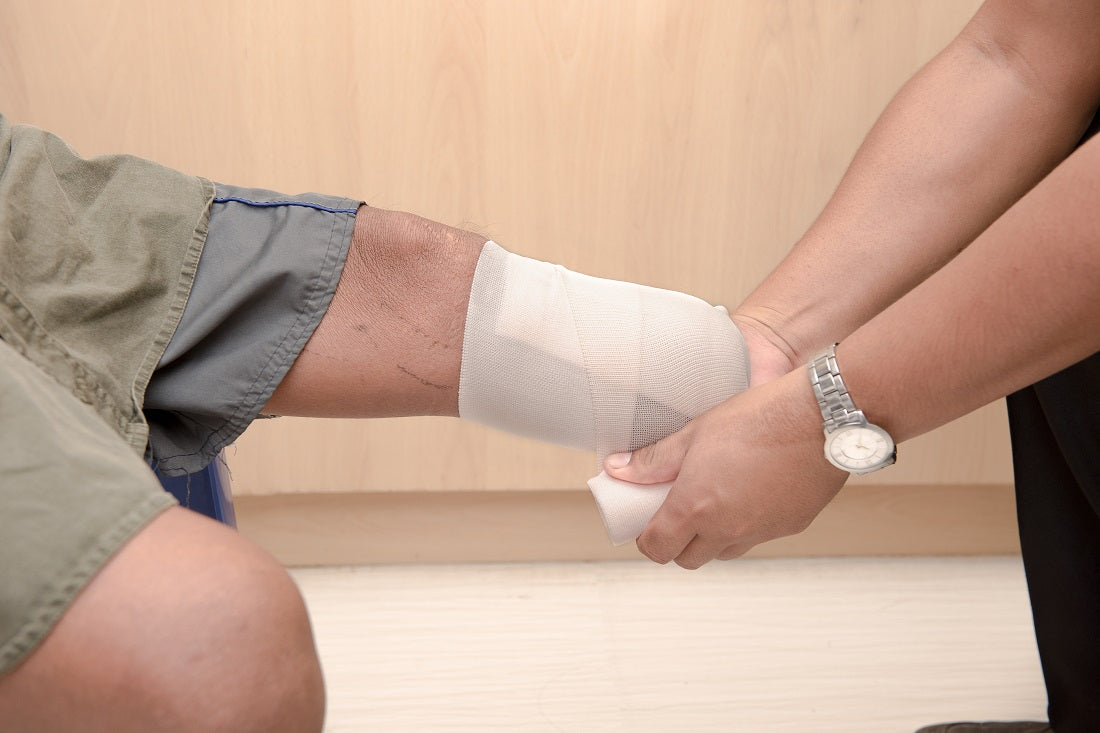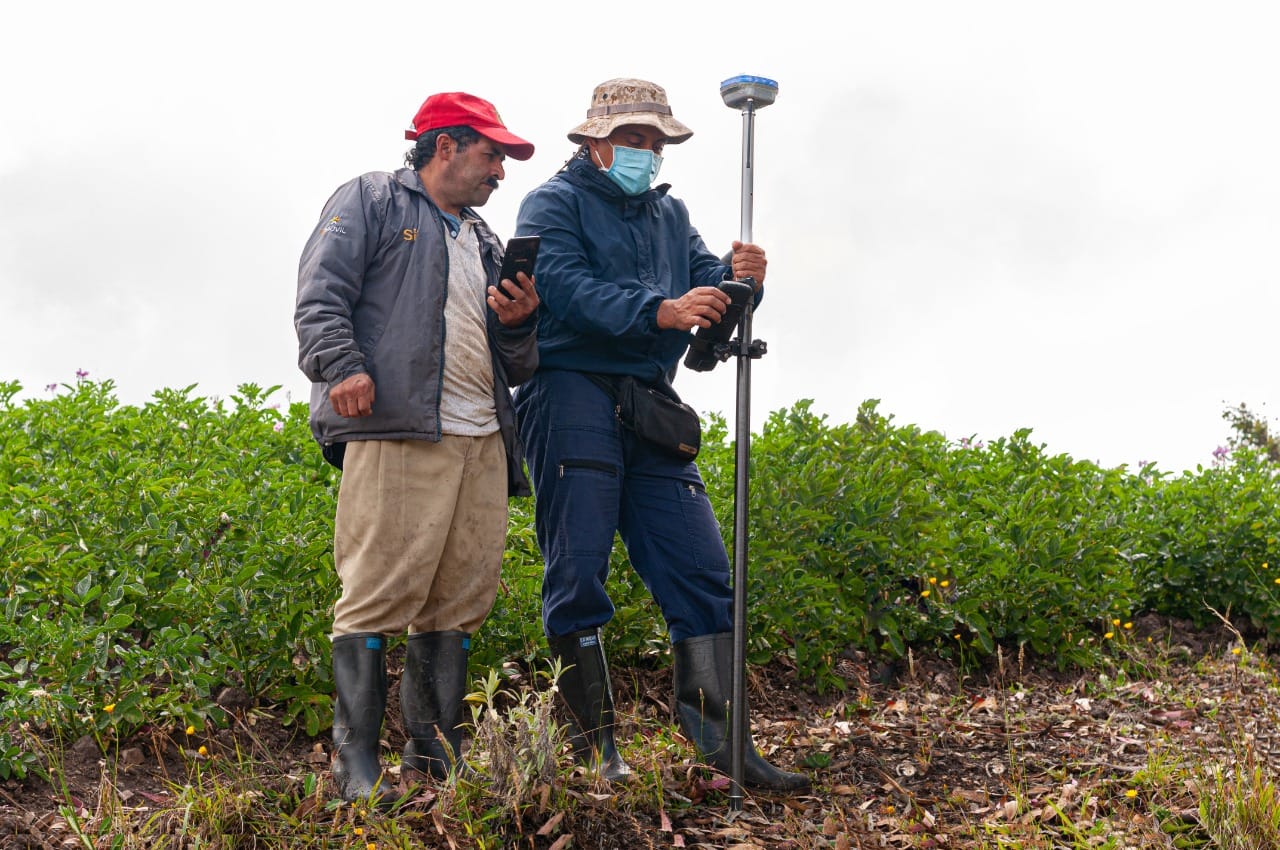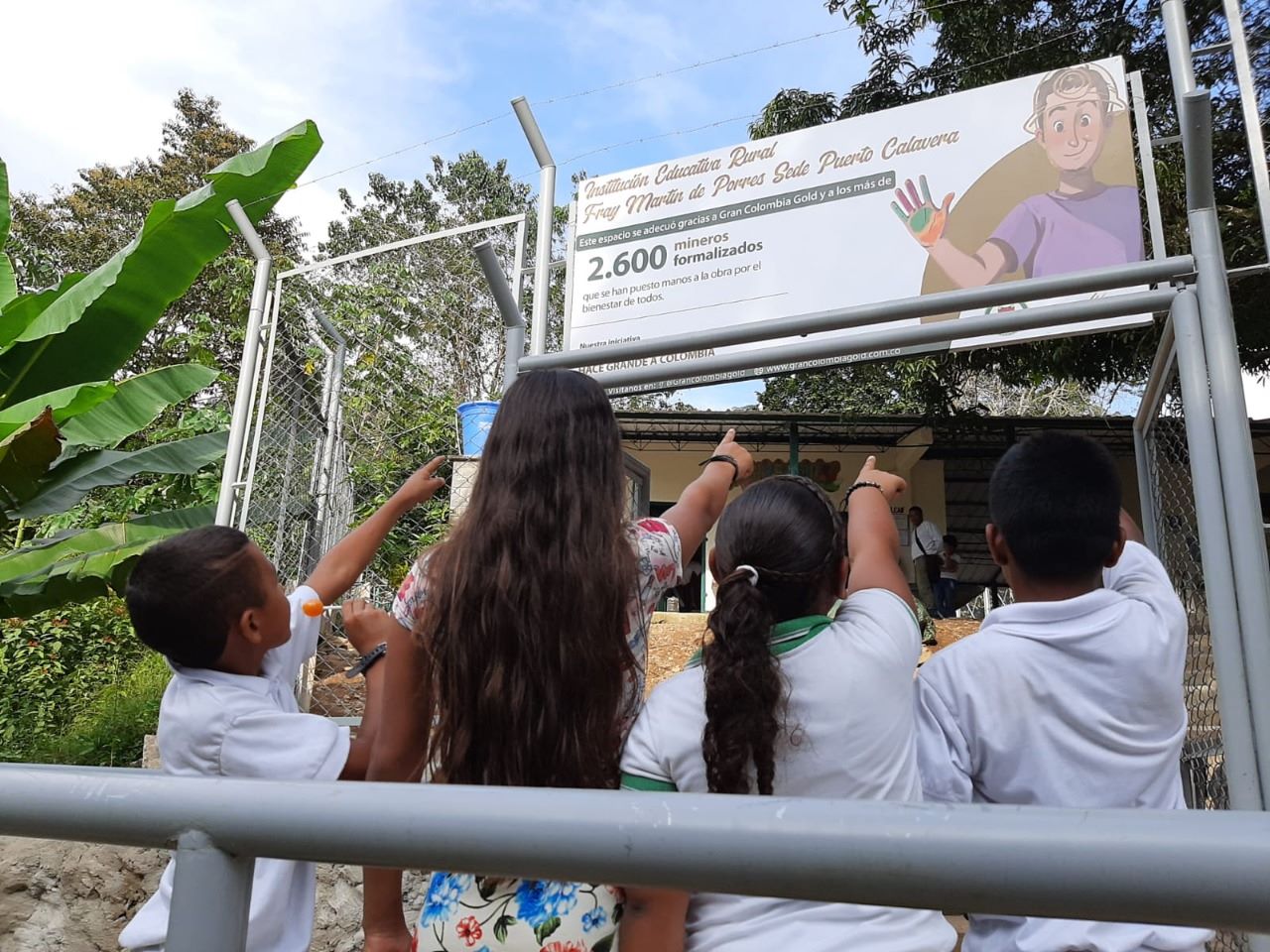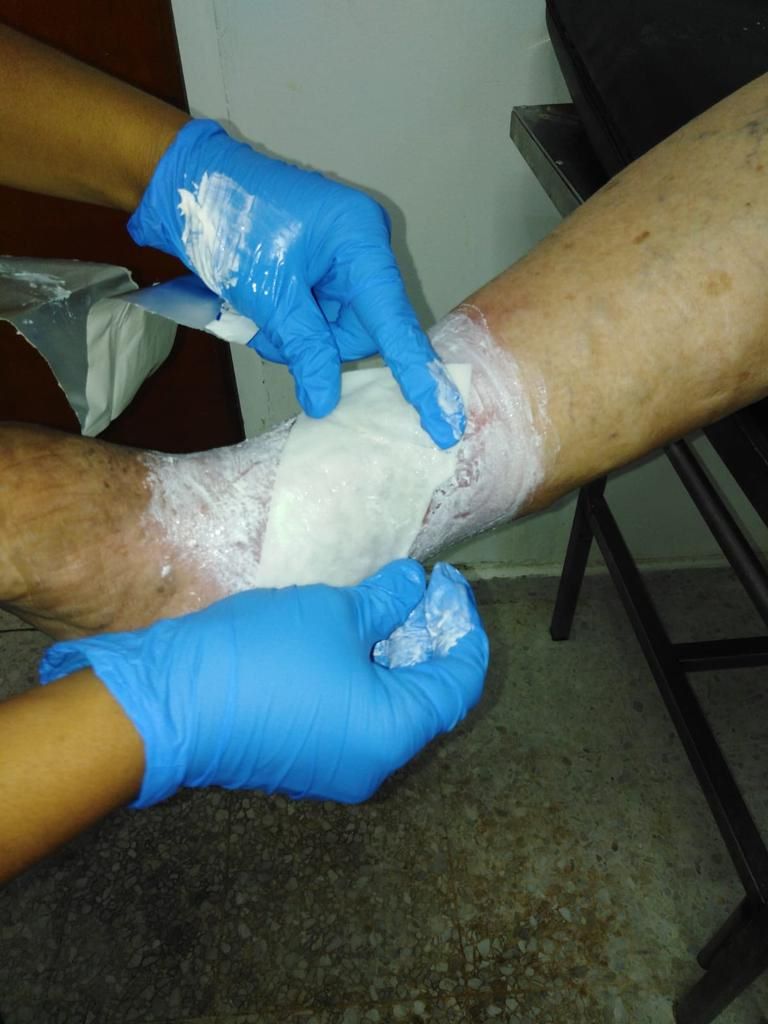
- 29 Apr 2023
EXTORTIONAL KIDNAPPING OF MINORS AND VIOLENCE OF WOMEN TOWARDS THEIR EX-PARTNERS AND CHILDREN, A SNOWBALL EFFECT
Domestic violence is 'eating away' society in every sense and a snowball effect is being seen. According to different studies carried out worldwide, violence is no longer only committed by men towards women. Now, too, it is exercised by them towards their partners, with serious psychological consequences on their children and their ex-partners.
Not to go any further, in cities like Cali, according to the Metropolitan Police of that city, about 50 calls are received weekly related to domestic violence and according to the Mental Health Observatory of the Ministry of Health of the capital of Valle del Cauca, the 21% of the victims are men. In Medellín, in the last five years, 82% of the complaints for this same reason have been made by women and 18% by men; and in the department of Huila, during the first six months of 2020, 2,444 cases of domestic violence were reported, of which 747 of the victims were men.
As shown by the figures, cases of domestic violence against men have been increasing in recent years and are more evident when couples are in the process of separating or have already divorced, and the custody of the children is about to be defined. It was already in the mother's possession.
Thus, for example, after Juan Manuel Álvarez separated from his wife, his drama began, since she denied him and his entire family the right to have contact with his two children, who were taken from him with thousands of tricks. , according to account. “Since 2015 I went from being a loving father to an expert litigator in law, both in Colombia and outside the country where I live with my current family. My name and image were seriously damaged. In recent years I have had to defend myself against all kinds of unfounded lawsuits, in addition to social, legal, economic, labor and psycho-emotional persecution.
They wanted to kill me while I was alive, I have suffered a lot over the years because thanks to my ex-wife's demands I was labeled a bad person and I was even forced to change my social circle, which does not hurt me as much as not being able to see, enjoy and share with my children who are emotionally kidnapped, all this time I have had to beg, through lawyers, to allow me to see them and it has been impossible. I still have to prove my innocence to be a part of their lives. I need them to see me, hear me, understand that I am not the man their mother paints them as and that I want to share with them my father's love and each of his activities."
Given the increase in cases, there are currently several institutions and foundations nationwide that offer guidance to parents who have been affected. The Otra Sociedad Posible foundation has developed the “Mom, let me see Dad” campaign that seeks to make visible the cases of parents who have been involved in situations of domestic violence in which their children have been taken away from them temporarily or permanently. Some of the parents claim to have been separated from their children for more than 30 years, as is the case of Mario Germán Echeverri, who was only able to reestablish the relationship with them after three decades. The fight is constant, the fear that the authorities will give priority to women makes men prefer not to report.
Daniel Gómez-pulgarín, director of the OSP foundation, Another Possible Society, states, “we are not only talking about violations of children's rights, but also death threats, with the consequent exile outside the country for the father and his son. family. In the highest strata we have evidenced the use of extortion, bribes, pressure on judges or family commissioners as a method of blackmail, in the best style of drug trafficking bosses.
“In order to avoid father/son contact, my wife has used some arguments such as: your father is dead, in another country, he is a criminal and is in jail, he doesn't love you, he has another family. False information is used to gain custody of my children... I have died socially, professionally and emotionally and thanks to the lies I have had to reinvent myself, new family, new friends, new life, like the worst of criminals, until when will I have to suffer this flaw,” says Juan Manuel Álvarez.
According to Gómez-Pulgarín, “there are cases in which mothers seek to intimidate their children's fathers during visits, taking them out of their comfort zone and using cameras during meetings, thereby coercing the parent's behavior and subjecting them to children to a series of behaviors and patterns typical of manipulation that are far from what should be a loving contact between father and child.”
Óscar Echeverri is another example. She hasn't seen her daughter for seven years, who turns 10 this year. She has only been able to see her on social networks, when her ex-partner uploads photos, which her friends show her. "It's sad. She didn't let me see her and I became an ATM; But just as the girl has the right to an allowance, she also has the right to have a father. With sadness I see how the Colombian authorities endorse these situations and leave many children without a father. The law does not favor us. The path is very difficult for man. I can only hope that divine providence allows that when my daughter is of age, she will look for me and listen to me so that she can understand many things, because when one speaks with the truth and speaks from love, everything comes to light.” , says.
During the research carried out and which guides the “Mom, let me see dad” campaign, says Gómez-Pulgarín, it was evident that there are cases in which some women tend to see their children as a pension for life.
This situation occurs in all strata and custody becomes a financial instrument to improve economic stability. Thus, for example, the case of a couple from Cali draws attention in which the woman sued her ex-husband to seek custody of her children and at the same time a lifetime pension for her for more than 25 million pesos, says Gómez. -thumb Custody, in these cases, goes from being a matter of the well-being of the children to being an emotional and extortionate kidnapping.
Stories of this kind have become recurrent, since in situations of separation it is very common for “parents to take their children as spoils of war. Generally, the one who has custody has power over the other and instills “false memories” in the children. In addition, we are also seeing how alienated parents present problems with their self-esteem, adaptation in their jobs, in their social relationships, and in many cases they end up accepting the loss of their children,” according to forensic psychologist Martha Ospino.
“When it comes to fighting for child custody, lies emerge and women are more strategists to allow themselves to be seen as victims. In court, women are more likely to have their stories believed, men tend to be affected in their manhood, feel defeated more easily and end up separated from their children, limiting their contact to just being a provider. Some only have contact with their children again when they are adults,” according to psychologist Iván Darío Cabrera.
Regarding the question, why do you think this phenomenon at the domestic level is underreported, both in the male and female cases? What figures does the Social Integration Secretariat of Bogotá handle in this regard? The Secretariat responds: It must be kept in mind that people are usually permeated by a sociocultural and family model in which the family unit predominates over the individual rights of family members. It is for this reason that many violent events are assumed to be episodic and typical of family relationships, establishing a violent pattern that in many cases nullifies the ability to respond and report. Likewise, a division between the public and the private persists in many families, where it is conceived that problems should be solved within the home.
As already mentioned, there are no records of 'non-reporting', but of reporting. The latter, as noted in the first response, records that, from January to December 2020, the number of women victims of domestic violence amounted to 22,044, 7,763 men and 32 intersex. (Source: Beneficiary registration system - SIRBE. Control board as of December 2020). From January to December 2020, the percentage recurrence by type of violence shows that the main cause is psychological violence with a presence of 52%, followed by physical violence at 39%. (Source: Beneficiary registration system - SIRBE. Control board as of December 2020).
In Bogotá, the town with the most cases of domestic violence is Bosa with 13.64%, followed by Kennedy with 13.47% and Suba with 11.95%. (Source: Beneficiary registration system - SIRBE. Control board as of December 2020).
Regarding the number of cases that are directed to the Prosecutor's Office, it corresponds to 100% of those handled by the Family Police Stations, since, by legal provision, the Family Police Stations must transfer the acts of domestic violence to that entity, for the investigation of the crime.
Children, the most affected, in the midst of the conflict!
According to the clinical psychologist, Iván Darío Cabrera, when women keep their children away from their ex-partner or lie to them about him, they could be leading the children to develop very serious psychological, physical, social and emotional problems that can affect their day-to-day performance, and even put their life at risk.
This distancing also causes “children to lose a role model and support for their healthy development. But situations of alienation and parental abduction of minors may also arise, or what is the same, the forced separation between a child and his or her father or mother, without legal support and with tricks, thus restricting the rights and duties of the minor and the separated parent. ”says Cabrera.
In Colombian notaries, for example, an average of more than 22,000 divorces and nearly 52,000 conciliations involving obligations with children are filed each year. Among these situations is one that is probably the one with the greatest negative consequences on boys and girls during these contentious processes, precisely, Parental Alienation.
This phenomenon arises mainly in custody disputes in cases of contentious divorces. It refers to the psychological abuse of one's own children by one of their parents so that they hate the other parent and break all ties with them. The consequences for minors are dramatic in their development and health. Several researchers agree that parental alienation is a specific type of child abuse, considered violence against minors.
It is estimated that 25% of children and adolescents who experience high-conflict breakups present parental alienation. These children show a high level of reluctance to contact the parent who does not live with them, as well as a very deteriorated image of the parent and their family environment, whom they perceive as bad, constituting evidence of a violent act of aggression that causes deep emotional damage. a type of abuse and violence not yet contained in current domestic violence manuals.
In these cases, interparental abduction also occurs, which is assumed by the family police stations in Colombia, as the violation of the right of children and adolescents to have a family. When it occurs in a context of domestic violence, it is classified by Colombian law as an autonomous crime, called Arbitrary Exercise of Custody. This crime is contemplated in article 230 A of the Penal Code, amended by Law 890 of 2004: “the father who snatches, subtracts, retains or hides one of his minor children over whom he exercises parental authority in order to deprive the another parent of the right of custody and personal care, will incur, for that single fact, in prison of one (1) to three (3) years and a fine of one (1) to sixteen (16) current legal monthly minimum wages.
Minors involved in the conflicts in which their parents are involved are also victims of a type of 'emotional kidnapping' and tend to present different kinds of disorders: sleep, eating, behavioral changes such as aggressive behavior, avoidance, use of adult language, emotional dependence, drug dependence, post-traumatic stress, problems with sexual identity, difficulties in expressing and understanding emotions,” says psychologist Ospino.
The “mom, let me see dad” campaign has managed to compile a database of cases in which children's rights to have a family are violated, with arguments such as: dad is bad, mom is bad, your grandparents are not They love you, your uncles are dangerous for you, which makes the children not only distance themselves, but also fear and hate the other parent's family. Thus making it impossible to build any relationship of affection and love.
International emotional kidnapping of minors
Gómez-pulgarín states: “currently we have the case of Juan in which the mother of his children looked for a way to evade international laws, took the minors out of their country of birth and took them to another where it is not easy for the parent to visit them. Mothers tend to change their address frequently so that their father cannot locate them until the trace is completely lost, fathers become only economic providers. “This begins to classify conduct typical of international kidnapping of minors, which will take several years to be proven and repaired.”
“The time in which the children should have shared with me and their paternal family to form a network of love, I will never get back,” says Juan.
False complaints
According to Gómez-Pulgarín, “it is very difficult to know which parent is telling lies, because each one has their own truth, what we really know is that the most harmed are always the children.
Both men and women allege cases of domestic violence, physical, verbal, emotional, psychological, sexual, among others, often motivated by moments of anger and the desire to have and maintain custody of their children. The fear of losing them forces them to invent or magnify situations typical of a worn-out family coexistence. Only with the years is the lie proven. The Colombian legal system must generate critical care routes to listen to both mothers and fathers and highlight the patterns of parental alienation early so that the rights of children are not ignored.


